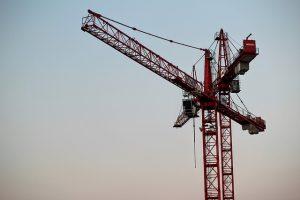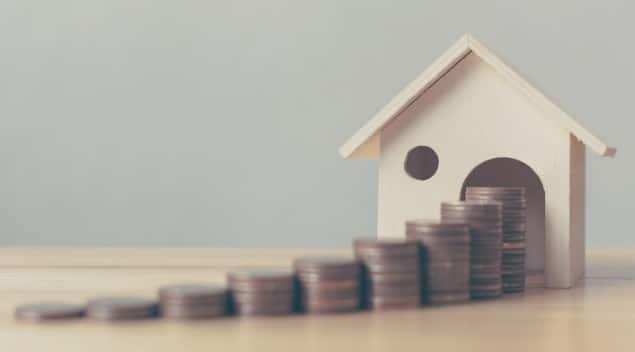
What strategies do you use when searching for an investment property?
If you’re investing where everyone else seems to be buying you’re missing out on better opportunities. Why?
Because very often, by the time the media has discovered a “hotspot”, the area is already well into its growth cycle, which means you’ve missed out on a good deal of growth.
And in fact, the market might be on the cusp of its downward cycle.
When buying an investment property, your goal should be to achieve the most growth possible in a marketplace, maximising your investment efforts.
Ask the following questions to discover markets which hold the potential for growth:
1. What is the market synergy?
Synergy in terms of a property market simply refers to the unique combination of elements that make a particular suburb work well.
It’s made up of the area demographic, infrastructure, economics and other factors that make up a marketplace.
Learn the synergies of a suburb and you’ll discover potential investment property opportunities that others might miss.
For example, do residents prefer units or houses? What features are important to them?
If you understand what appeals to area residents you can find properties which both suits their needs and keeps them in your property longer.
2. Are publicly listed companies investing in the area?
If large companies such as Woolworths or Coles build or expand in a certain location it’s a very good sign of growth. Why?
These organisations spend a lot of time and money researching potential expansion areas so if they’re investing in a location you need to look closer.
Also, when publicly listed companies move into an area it provides a catalyst to the current market. They impact the suburb economically by providing jobs and spending money on upgrading the existing infrastructure.
3. What kinds of industry support the area?
Look for locations with multiple kinds of industry.
If there are only one or two large employers, the economic impact of an industry downturn are felt much more keenly, and across many economic sectors.
Whether or not you realise it, you’re investing in much more than an investment property. When you provide accommodations for individuals who want to live and work in a particular suburb you’re investing in the success of that suburb as well. How?
As a resident, your tenant will be spending their money in that area as a consumer and as a taxpayer.
The strength of an economy is intimately tied to business, so if your investment property is in a location with diverse types of industries you’re investing in the economic success of the suburb.
4. Is the economy strong and growing? 
As you know, the economic underpinnings of the suburb need to be strong.
Consider all aspects of the economy; business growth, wage growth and infrastructure spending.
Also, take a look at the local council. Are they a progressive, growth minded organisation? What are their plans for the future of the area?
Keep in mind that if you have a strong council, with well-planned goals for the suburb, you can expect growth to be a result.
5. What part of the cycle is the market sitting in?
The property market cycle can be condensed into the time-proven investing phrase, “after expansion comes contraction but after contraction comes expansion”.
In other words, just like the stock market, when buying an investment property you want to “buy low and sell high”.
When you buy at the bottom of the market, when sentiment is at its weakest, you’ll be in a position to gain the most capital growth once the market swings towards peak again.
6. What does the supply look like? 
The supply of a marketplace will have an impact on rental yields, so find out if plans to increase that supply are in the works.
Don’t, however, assume that “approvals equals completed projects”.
Some things which can impact whether or not a development gets completed are:
- Developers’ financials
- Economic conditions of area
- Banks’ willingness to lend
A good rule of thumb is that if a crane is on site, the project will most likely be finished. Otherwise, look at the financial strength of the developer and the current lending environment.
7. What is the infrastructure spend?
Simply put, a growing economy should spend money on its infrastructure needs.
Look for suburbs where infrastructure spending is a priority.
Is gentrification happening? Are major projects being undertaken? Are there planned changes and/or improvements to public and private transportation?
What about businesses? Are they moving into the area or expanding?
Consider each of these questions both individually and corporately.
Ironically, much like a house, if the underlying pillars of a marketplace are not stable, look elsewhere when buying an investment.
Do you have more questions related to Property Investment? Ask them direclty to our Coaches – come and meet with them at our next FREE Property Investor Night!
Take the Next Step
Investment Property Financing – Comprehensive Guide 2023
You won’t get very far as an investor without...
Ultimate Property Investment Strategy Guide 2023
Which Property Investment Strategies Will Make...
How to Build a Property Portfolio with $100k or Less
Starting your property investment journey can...










